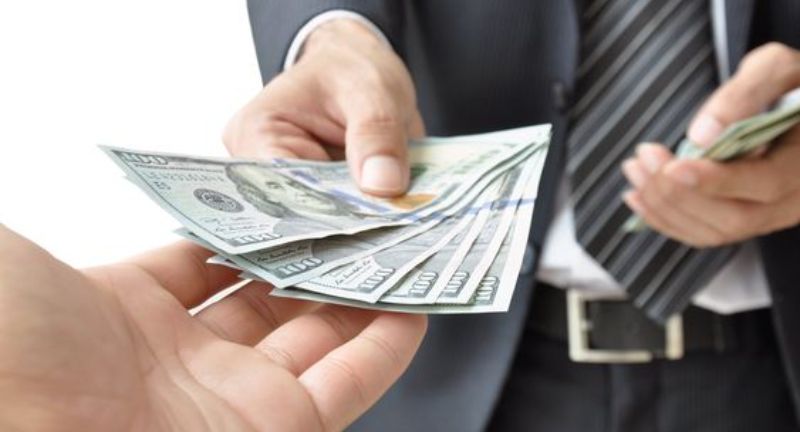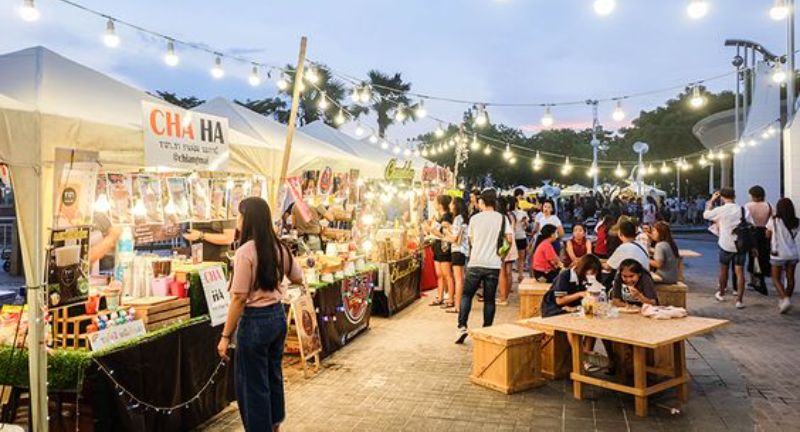
Pinterest
While the use of cash offers a tangible and straightforward approach to transactions, it’s essential to evaluate individual preferences and the specific context. Whether it’s the charm of local markets or the convenience of quick tips, the versatility of cash becomes apparent in various scenarios.
Embrace the tactile experience and financial wisdom as we delve into eight instances where cash reigns supreme.
Small Purchases and Daily Expenses

Pinterest
Cash is convenient for small, everyday transactions such as buying a cup of coffee, snacks, or other low-cost items. It helps to avoid transaction fees for small amounts and is quick and easy. Embracing the simplicity of cash in these situations not only expedites the payment process but also provides a tangible and immediate connection to your daily purchases.
Local Markets and Street Vendors

Pinterest
Some local markets or street vendors may prefer or only accept cash. Using cash in these situations can facilitate smoother transactions and may even help with bargaining. The allure of cash at local markets extends beyond the transaction itself, fostering a sense of community and cultural exchange, making your purchases a more engaging experience.
Tips and Gratuities

Pinterest
When leaving tips at restaurants, cafes, or for services like haircuts, using cash is a customary and straightforward way to show appreciation. It ensures that the recipient receives the full amount without deductions. The tactile nature of cash gratuities adds a personal touch, conveying your gratitude in a tangible form that goes directly to the service provider.
Transportation Services

Pinterest
Taxis, ride-sharing services, and some public transportation systems may prefer or only accept cash. It’s a good idea to carry cash for these situations, especially when traveling to areas where card payments may not be widely accepted. Cash provides a seamless and efficient payment method for transportation, eliminating the need for card machines and ensuring a hassle-free journey, particularly in locations with varying payment infrastructure.